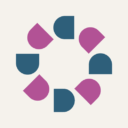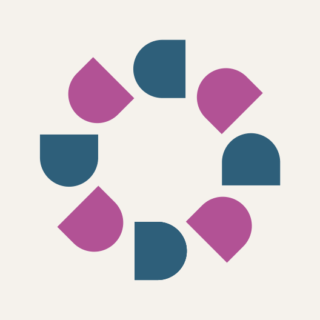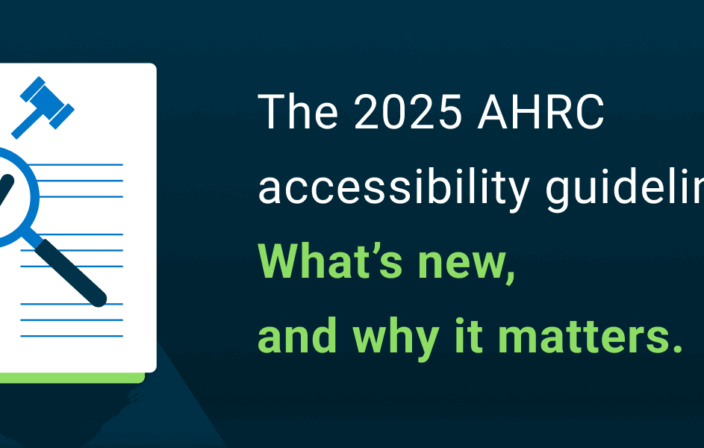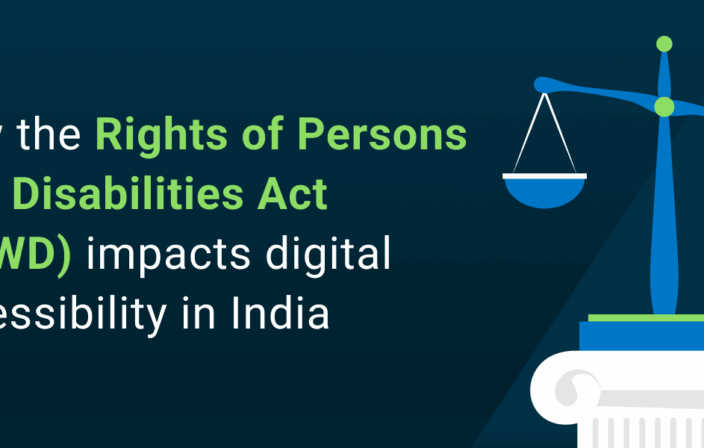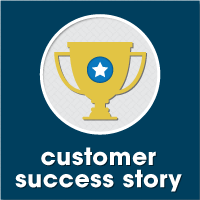 In the effort to create greater web accessibility for people with disabilities, Deque is proud to announce its recent contribution to a major victory. Over the course of four short months in the fall of 2013, accessibility experts from Deque teamed with a Fortune 50 company in a concentrated push to make this large firm’s website fully accessible. This effort, dictated by the Accessibility for Ontarians with Disabilities Act (AODA), called for the remediation of over 62 website applications—including more than 1,000 individual webpages—to achieve compliance with the act’s strict regulations.
In the effort to create greater web accessibility for people with disabilities, Deque is proud to announce its recent contribution to a major victory. Over the course of four short months in the fall of 2013, accessibility experts from Deque teamed with a Fortune 50 company in a concentrated push to make this large firm’s website fully accessible. This effort, dictated by the Accessibility for Ontarians with Disabilities Act (AODA), called for the remediation of over 62 website applications—including more than 1,000 individual webpages—to achieve compliance with the act’s strict regulations.
AODA Compliance
Compliance with AODA’s regulations is no simple affair for those companies falling under the act’s purview. The act states that by January 1, 2014, firms that employ 50 or more employees and are based in Ontario, Canada, must have remediated all web content two years old or less to meet with Level A of the Web Content Accessibility Guidelines 2.0, or WCAG 2.0. (Of global relevance, WCAG 2.0 guidelines are established by the international World Wide Web Consortium.) According to Ontario’s Ministry of Economic Development, Trade, and Employment, one in seven Ontarians has a disability, be it blindness, deafness, or mobility, speech, or cognitive impairment. WCAG 2.0’s guidelines seek to make all HTML content on these websites accessible to people with these disabilities.
WCAG 2.0 Accessibility Guidelines
WCAG 2.0 outlines three levels of compliance: Levels A, AA, and AAA. AODA set WCAG 2.0 Level A as the minimum initial requirement for compliance. WCAG 2.0 Level A has 25 specific Success Criteria that define how to make accessible web content that is perceivable, operable, understandable, and robust. All 25 of the WCAG 2.0 Level A Success Criteria must be met by January 1, 2014 for a site to be in compliance. AODA also establishes a future higher compliance deadline of January 1, 2021, raising the requirement to WCAG 2.0 Level AA (which includes 13 additional Success Criteria for accessibility). Of the two initial tiers, Levels A and AA, the greatest amount of labor by far goes into achieving the first.
For such a big organization and such a tight timeframe, meeting the stringent requirements of WCAG 2.0 Level A called for the assembly of a large team. Six full-time remediation experts from Deque joined 124 of the firm’s in-house developers, along with several more accessibility specialists from other firms. According to Deque’s project leader, Director of Consulting Glenda Sims, the enormity of the project made workflow efficiency completely of the essence.
Deque’s Remediation Process
To complete page-by-page analysis and correction of problematic syntax in the firm’s original website content, the team employed a cyclical process of testing and remediation. In mid-August of 2013, Deque’s staff members started working with the individual development teams to help them to understand exactly what changes had to be made to each page in each application, and to serve as the firm’s “accessibility encyclopedia” throughout the process. Once through this first remediation phase, content was passed to a team of accessibility experts (including five with disabilities) for a final round of testing. If at this point continuing issues were revealed, they were assigned to the developers in a bug tracking system and the sequence was done again. The team repeated this loop until every single page in scope was in compliance, resolving all issues in time for AODA’s final deadline.
Deque at CSUN
As is true of every project, this under-taking presented a unique and valuable learning opportunity to further enrich Deque’s remediation expertise—as well as a great chance to spread accessibility awareness and training to a new audience of web developers. Project lead Glenda Sims will join expert colleagues to share some observations and lessons learned in the talk, “From Zero to Accessible in 180 Days – A Fortune 50 Success Story,” at the 29th Annual International Technology and Persons with Disabilities Conference. This event, which will be held at California State University Northridge’s Center on Disabilities in San Diego, CA, from March 17-22, 2014, is an excellent forum for information sharing on web accessibility for persons with disabilities.
